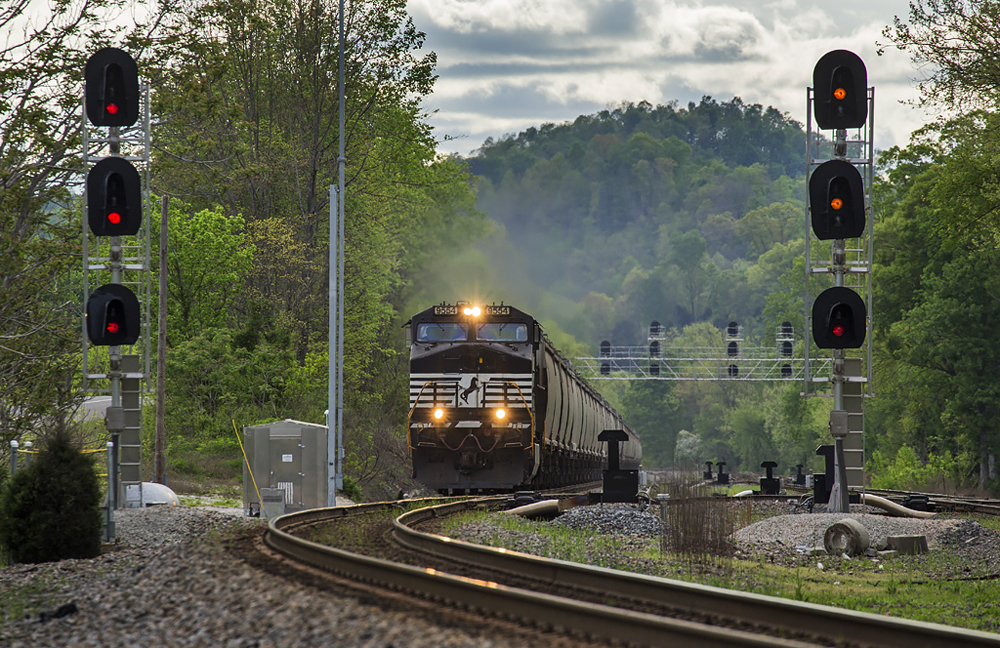
ATLANTA — Norfolk Southern’s first quarter earnings tumbled due to expenses related to the disastrous Feb. 3 derailment and subsequent hazardous materials release in East Palestine, Ohio.
The railroad’s operating income declined 34%, to $711 million, due in part to an initial $387 million charge associated with the derailment, the railroad reported today.
NS CEO Alan Shaw said he was proud of the railroad’s people and the progress it has made since the East Palestine derailment, including the steps it has taken to improve safety and clean up the Ohio town. “Adversity reveals character. That’s true for people and it’s true for organizations,” Shaw says. “I’m inspired by my colleagues at Norfolk Southern who are rising to the challenge of doing the right thing.”
NS made two decisions that hurt operations, service, and capacity in the short term, but are the right things to do for the long term, Shaw says.
The first was removing the contaminated soil underneath the main line in East Palestine. One track was taken out of service beginning March 3. Once it was put back in service, work on the second main began and won’t be complete until early June.
The combination of being reduced to a single main track and running trains through the work zone at restricted speed has put a bottleneck in NS’ key corridor linking Chicago with Harrisburg, Pa., and the New York metro area.
The second was analyzing and tightening the railroad’s train makeup standards for long, heavy trains in order to reduce the in-train forces that can cause derailments. The changes affected 70% of NS merchandise trains and 17% of its intermodal trains. This caused significant increases in terminal dwell, slowed the merchandise and bulk networks, and clobbered on-time performance for merchandise shipments.
The railroad’s key operating metrics deteriorated during the quarter, with average train speed falling from 22 mph in January to 19.5 mph in March. Terminal dwell increased from 23.8 hours in January to 29 hours in March.
“We got really conservative on our train marshaling rules based on the environment and recent events,” Shaw says. “As we are dialing that in, and analyzing each train symbol and line segment, we are adding capacity back into the network.”
As part of the new train makeup rules, NS increased its use of distributed power, which can help manage in-train forces. “We are now operating 50% more merchandise trains with distributed power than this same time last year,” Chief Operating Officer Paul Duncan says.
NS doesn’t expect the train marshaling rules to have a long-term impact on operations or service.
“Prior to the derailment, our service was the best it had been in two years,” Duncan says. “As we dial in our train makeup enhancements, we are already seeing improvements to our network in recent weeks.”
NS’s safety figures improved during the quarter. The train accident rate fell 10% compared to full-year 2022, while the mainline accident rate declined 13%. The personal injury rate improved by 12%.
“We are a safe railroad,” Shaw says. “In 2022 Norfolk Southern had fewer derailments than any other year in the last two decades, and our rate of employee injuries was the lowest in the decade.”
But he said NS will continue to take steps to improve safety, including more training for field supervisors, a 25% increase in hot bearing detectors, and the installation of advanced train imaging portals.
“Everything we do starts with safety … As leaders, we set the tone and tone influences culture,” Duncan says.
Shaw says NS remains committed to the service and resiliency strategy the railroad announced in December. NS won’t furlough train crews during downturns so that it can capture traffic when demand rebounds. Providing consistent service year in and year out will enable shippers to build more of their supply chains around rail, Shaw says.
“Our strategy is a better way forward for the industry,” Shaw says.
But NS has not yet reached full crew staffing levels in a third of its crew bases despite its ongoing hiring binge. More than 900 conductors are in training. “We want to get to resilient levels in our locations here because we’re feeling the pain of not being resilient,” Chief Financial Officer Mark George says. “We made a promise to be resilient in our new strategy and we’re committed to get there.”
Volume for the quarter was flat, with merchandise and coal up 5%, while intermodal was down 4%.
Chief Marketing Officer Ed Elkins says the economic outlook remains murky, with consumer demand sagging.
NS said it would be serving the new Scout Motors electric vehicle plant in Blythewood, S.C., which will have the capacity to build 2,000 trucks and sport utility vehicles when it opens its first phase in late 2026.
For the first quarter, NS revenue increased 7%, to $3.1 billion, while earnings per share fell 30%, to $2.04. Adjusted for the impact of East Palestine, operating income was up 1%, to $1.1 billion, and earnings per share increased 13%, to $3.32. The railroad’s operating ratio was 77.3%, up 14.3 points compared to a year ago, or 64.9% when adjusted for the wreck-related charge. The charge doesn’t reflect the potential for insurance reimbursements.






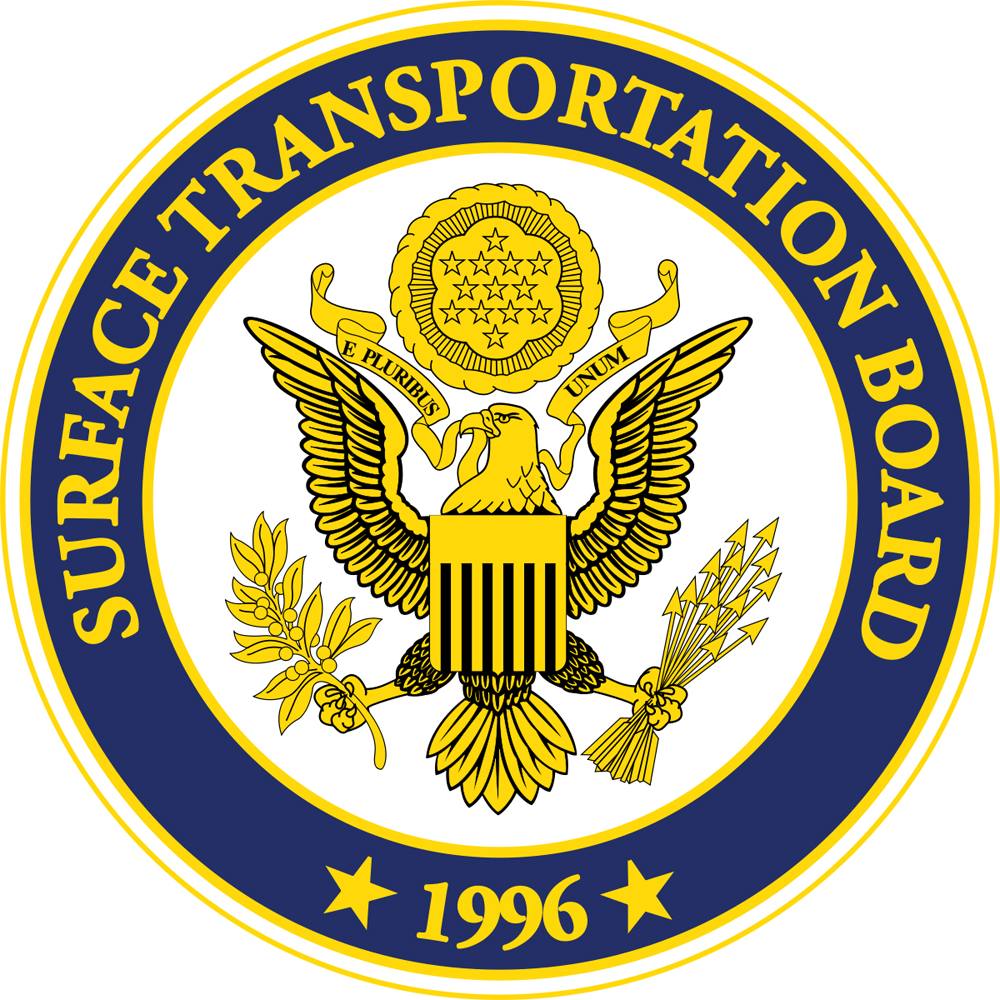
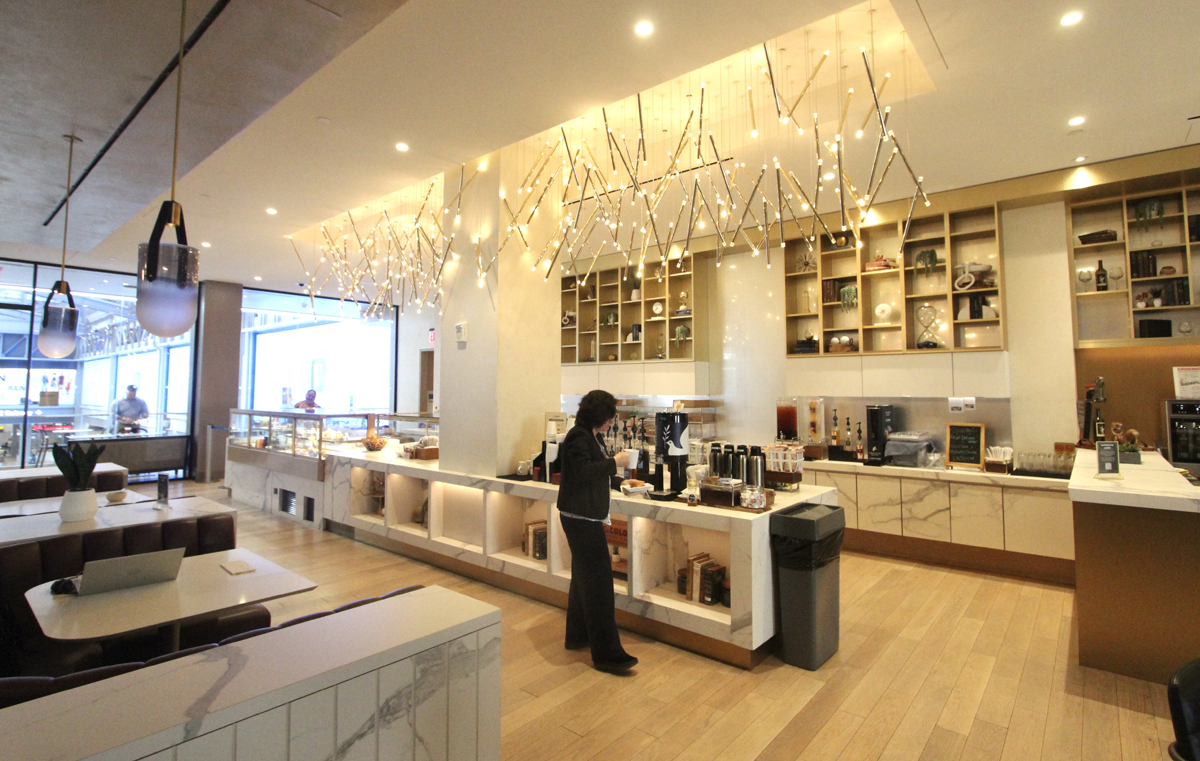
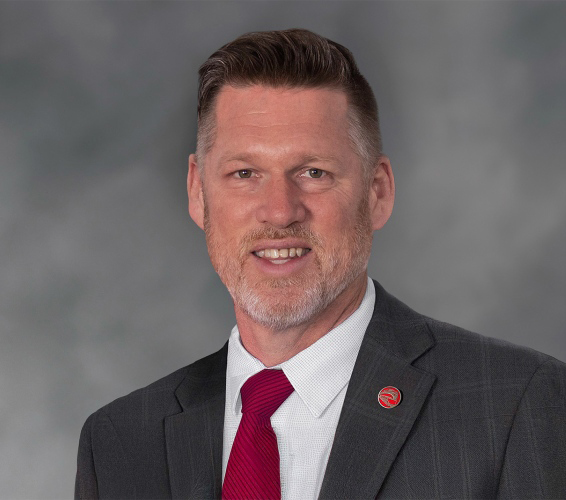
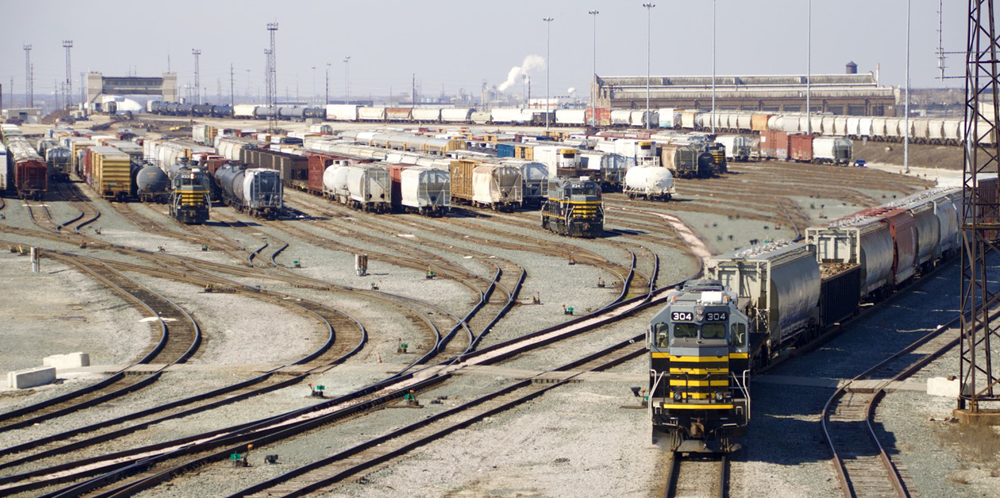




$387M is just the down payment. There are going to be some epic lawsuits over this derailment and the way NS handled it. I would not be surprised if the costs to NS end up being over $1BN. Insurance may pay for some of it, but the company will probably be on the hook for a large amount of money.
People make mistakes. And, they usually learn from them. Businesses make mistakes. And, sometimes learn from them. NS obviously hasn’t. With the litigation facing it in Ohio over a non-fatality accident, NS needs to abandon service and remove its facilities. Now.
Imagne the network of railtrails!
To efficiently change train make up will require more yard tracks and a long enough lead off the main line(s) to put them together. As well maybe even a couple humps put back in operation? CSX may regret the day Tilford hump was demolished.
$387 million charge for East Palestine is a lot of money… I wonder what is contained in the bundle? As I understand such charges, they are the expenses to date and an estimate of liabilities going forward. It is interesting how much train make up changes speed and dwell. No doubt NS management is clinging to as much of PSR principles as possible.
Hopefully both legislation and regulation rein in the madness and excess of PSR. It would be good to see share buybacks outlawed completely, but the demopublicans and republicrats are not guided by public service, only Wall Street and militarism.
The only way to change for the better in corporate America is hit ‘‘em in the pocketbook. Bearings fail but defective bearings and the signs of them failing are obvious to Carmen that if given time and with properly manned inspection terminals that whole mess could’ve been prevented. Computer simulations and projections on some spread sheet by some dimwit bean counter just cost the company a S@#TLOAD of money……. Oh well
I will believe safety matters when I see in the Annual Report that Safety is a major part of each executives compensation goals. As of the most recent report its less the 5% for most of them.